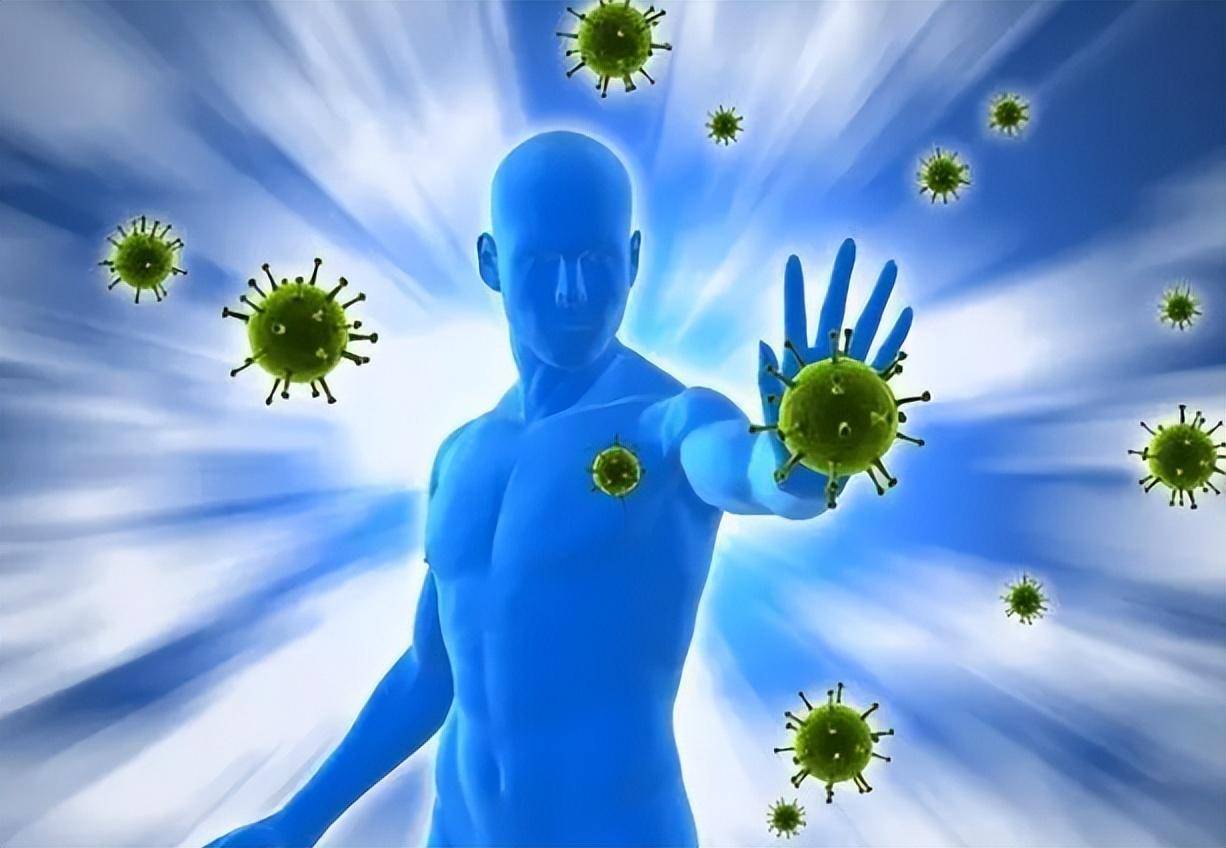In the realm of medical breakthroughs, stories often involve sterile labs and meticulous trials. But occasionally, a narrative emerges that feels less like science and more like a high-stakes gamble – a lone individual pushing the boundaries of the human body in a way that defies conventional wisdom. Tim Friede's story is precisely one of those. For 18 years, driven by a mix of fascination, a desire for self-protection, and simple curiosity, Friede subjected himself to over 200 snake bites, often intentionally, transforming his own body into an unprecedented living laboratory.

His method sounds alarmingly simple, yet terrifyingly risky: inject himself with tiny doses of snake venom, gradually increasing the amount to build tolerance, and then, face the bite itself. Medical professionals universally condemn such actions, and for good reason – the risks are immense and potentially fatal. Yet, paradoxically, experts note that his approach aligns with the fundamental mechanics of the human immune system. Think of the body's defense system like a highly adaptable training ground. Exposed to a small, manageable challenge (a tiny dose of venom), it learns, builds defenses (antibodies), and becomes better equipped to handle larger threats later. Friede’s body, through repeated, dangerous exposures, was essentially engaged in an extreme, accelerated form of biological conditioning.
But why would science pay attention to such a perilous personal quest? The answer lies in a dire global need. Snake bites are a silent epidemic, claiming around 110,000 lives each year worldwide. Existing antivenoms are costly, complex to produce, and often effective only against specific snake species, leaving many populations vulnerable. A broad-spectrum, affordable treatment is desperately needed. Seeing the potential in Friede’s extraordinary, hard-won tolerance, scientists began studying his unique blood.

The results, recently published in the journal Cell, offer a beacon of hope. Scientists successfully identified two antibodies in Friede's blood that possess the remarkable ability to neutralize venom from multiple different snake species. This is a pivotal step towards developing a single treatment that could offer broad protection against a range of deadly snakes, a concept that could revolutionize snakebite treatment globally.
However, like navigating treacherous terrain, this scientific journey is still in its very early stages. The identified antibodies have only been tested in mice, and rigorous human trials are years away. Friede, now working with Centivax, a company dedicated to developing this potential antivenom, is understandably thrilled that his decades-long, unconventional experiment could one day save countless lives. Yet, having walked the perilous path himself, his message to anyone contemplating following in his footsteps is stark and unequivocal: "Don't do it.".

Friede's story is a powerful, albeit unconventional, reminder of the incredible adaptability of the human body and the potential insights that can emerge from unexpected corners. While his method is an extreme and dangerous outlier – a biological tightrope walk no one should attempt – the scientific discovery it has facilitated highlights the persistent need for innovative solutions to global health crises and underscores that sometimes, the most profound lessons are unlocked through daring, even controversial, pursuits, provided they are ultimately validated and safely harnessed by rigorous scientific exploration. His legacy may well be defined not by the bites he endured, but by the lives his sacrifice, coupled with scientific effort, could one day save.





